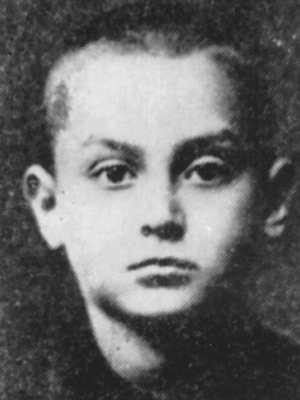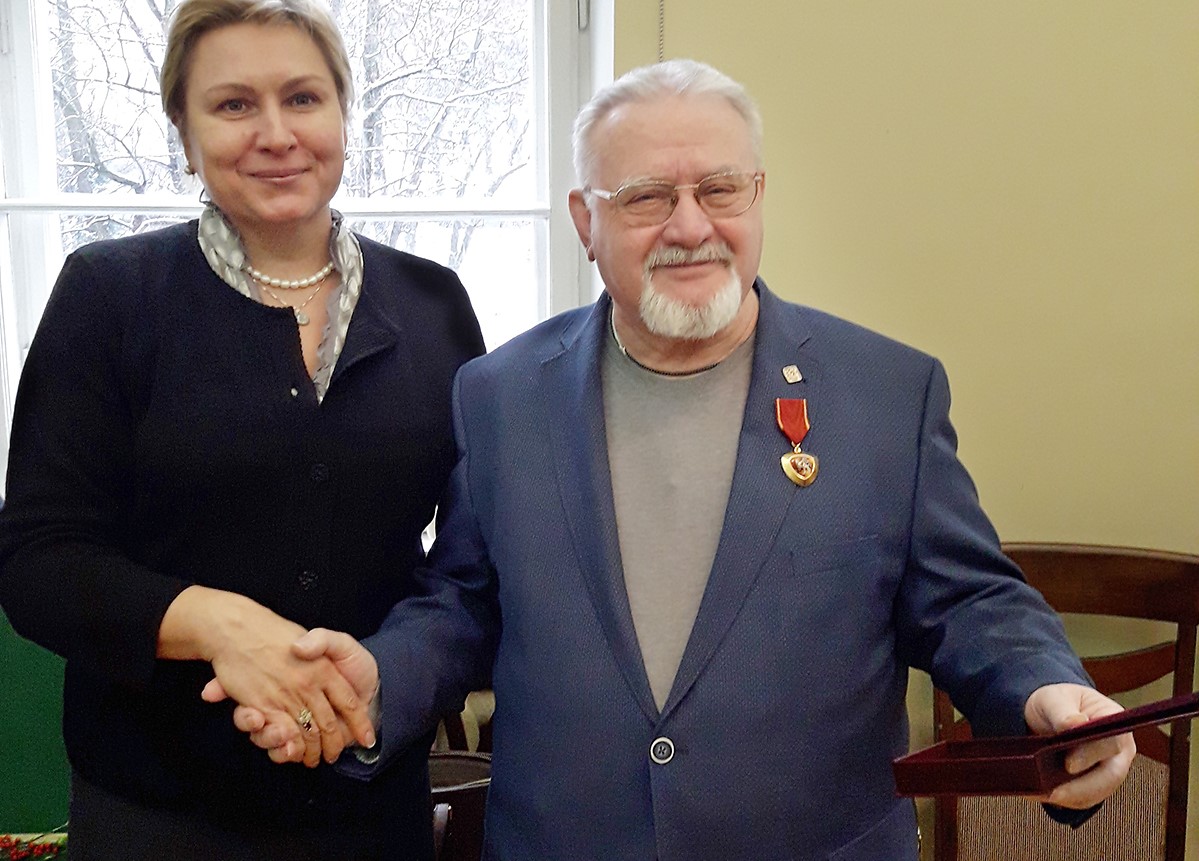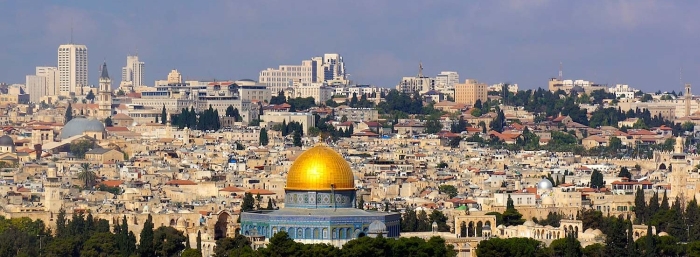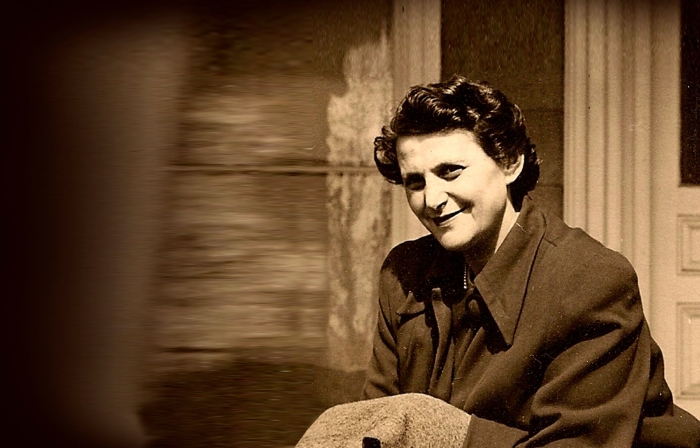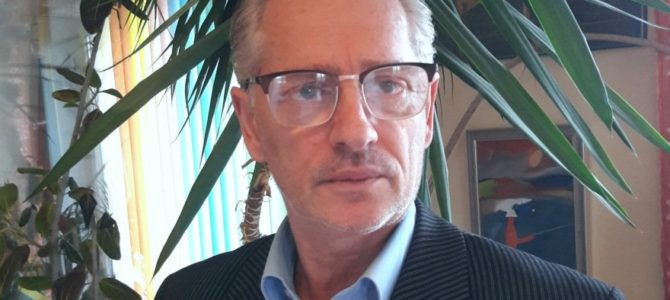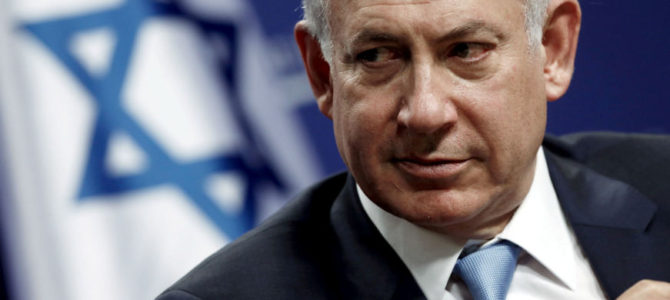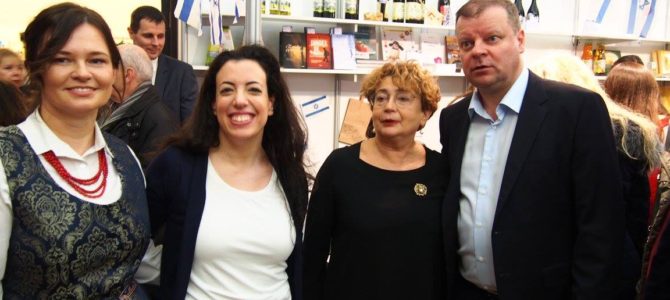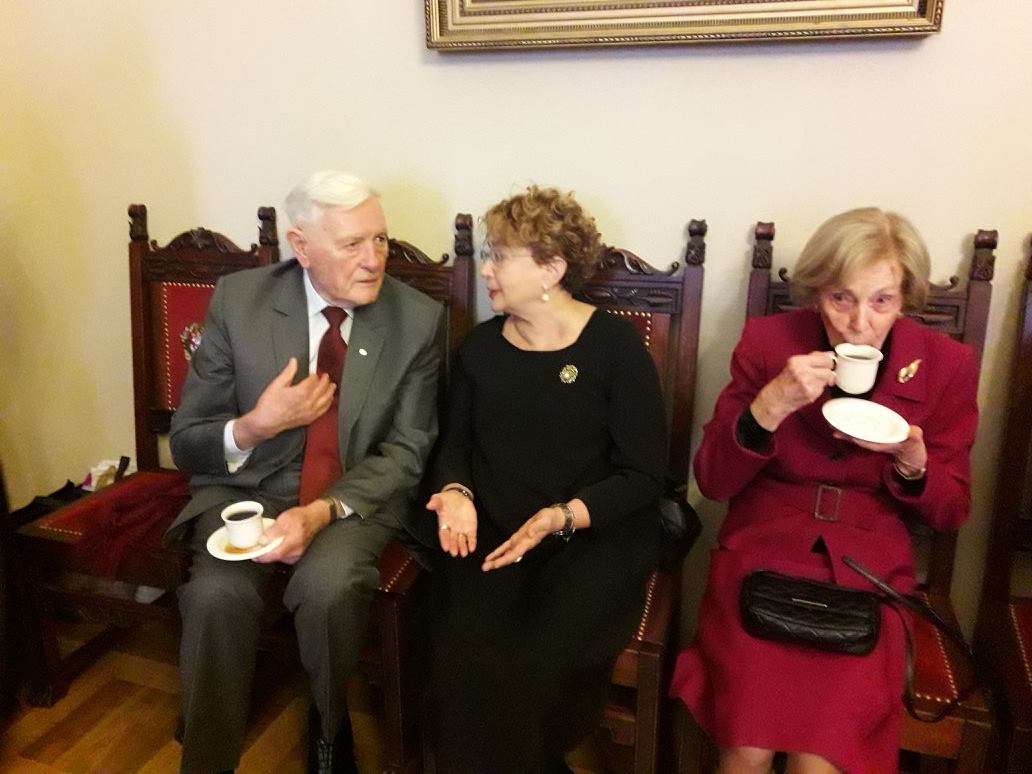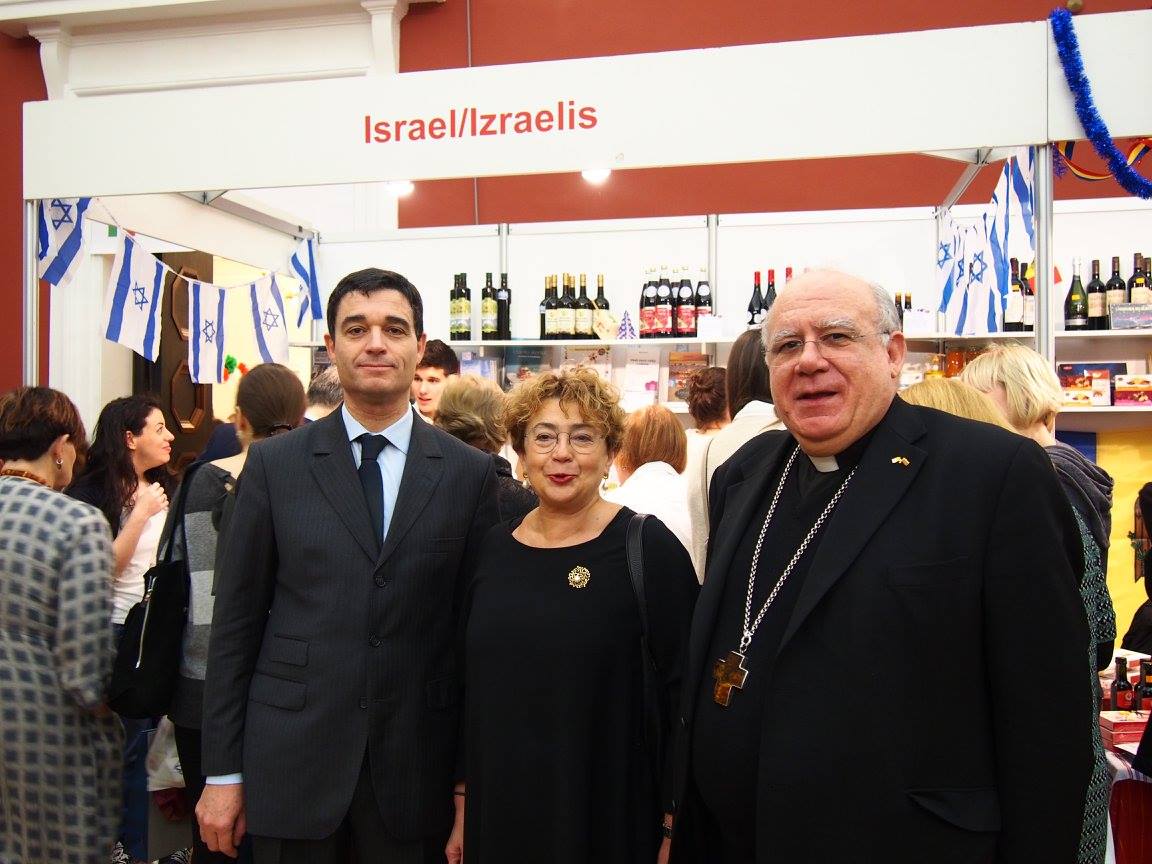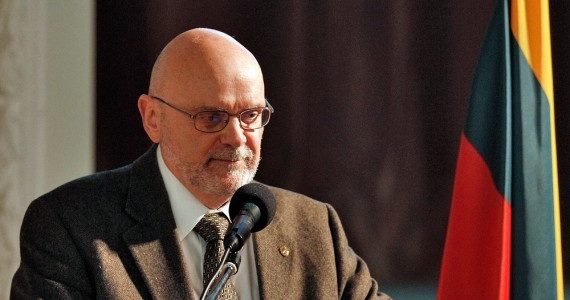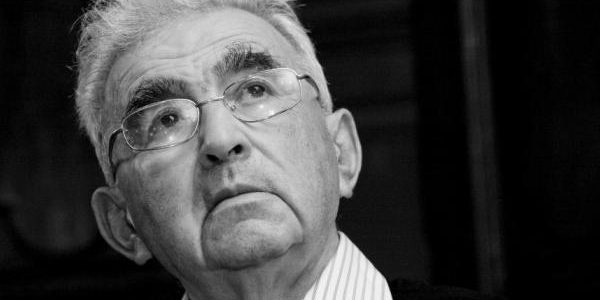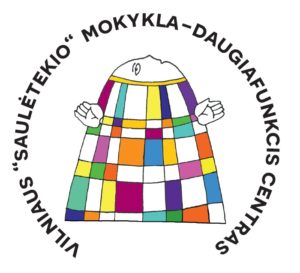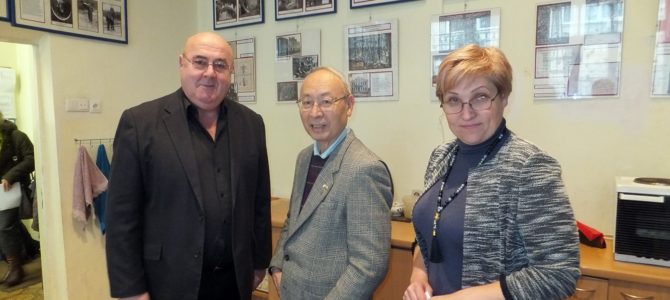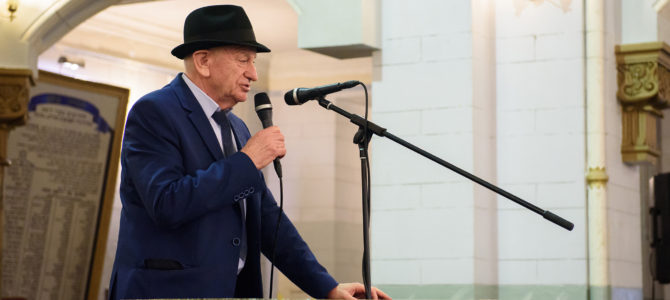
Šiauliai was a strange town in 1960. It was the Soviet time, there were still some “synagogues” illegally operating in apartments. Almost all of the local Jews used to go there to pray. It wasn’t entirely clear whether this was to satisfy a religious need, or the need to spend time with people of the same ethnicity. Or to speak Yiddish. Or to remember the horrible experiences of the Holocaust.
Or perhaps it was the instinctual psychological need to heal one’s wounds. Everyone wanted to enjoy the life which the miraculous lottery of fate had given them.
The town’s Jews stuck together and were ready to support anyone who needed it. This really wasn’t any kind of official community. Its leader was… a family with a larger apartment. We held all traditional and Sabbath evenings of Saturday talks and meetings there. This took place at the home of Josif Burshtein (the chairman of the Šiauliai Jewish Community until last summer) where Jews congregated right up until the restoration of independence.
Hanukkah was the holiday to which the town kids (they called us little Jewies) really looked forward. We were treated to hanukkahgelt, ponchikes and latkes. The parents carved dreidls out of wood. Some had managed to preserve their family heirlooms, a really miracle!, and we lit candles on pre-war menorahs.
Now I realize our parents did everything they could so that we wouldn’t know what they experienced. Everyone chipped in and used to hold the holiday, the miracles of Hanukkah, for us.
And even today most of the Jews who come from Šiauliai know and speak Yiddish. Those us “fun Shavl” [from Šiauliai] scattered around the world by fate maintain our ties.
This year on the eve of Hanukkah another miracle has taken place! We are witnesses to history. The world has begun to remember that King David’s city, whose age goes back more than 3,000 years, is the capital of the state of Israel!
The victory of the Macabbees has again lit the oil lamps of the Hanukkah miracle.


